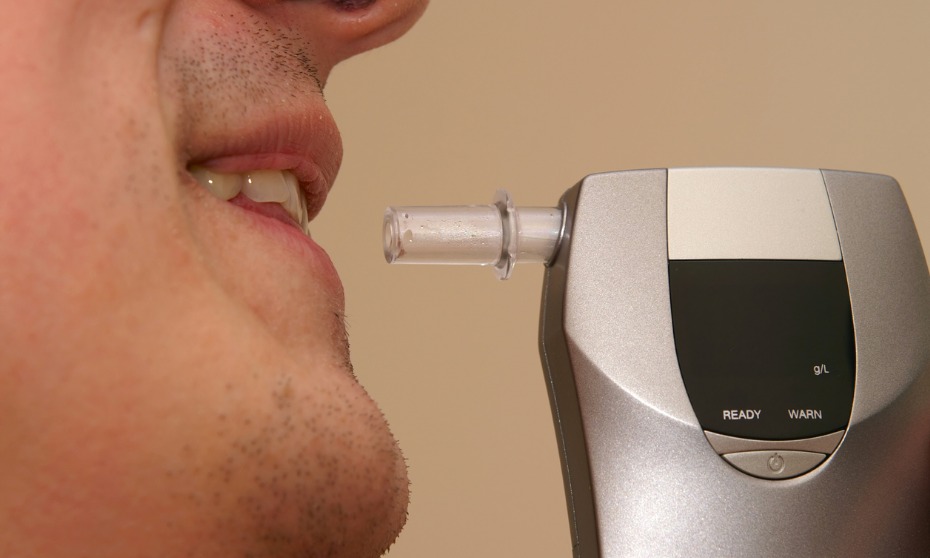
Brisbane City Council has purchased 18,000 disposable personal breathalysers for staff

Brisbane City Council has purchased 18,000 disposable personal breathalysers for staff to undertake voluntary testing after lunch or the morning after a heavy night of drinking.
From next month, the breathalysers will be rotated through every council office, according to Deputy mayor Adrian Schrinner.
“This is about giving staff the voluntary option to test themselves so they don’t get into trouble,” he said.
"This is all about providing a safe workplace for our workers, but also keeping the community safe, as well.”
The breathalysers are being rolled out before mandatory breath testing begins by the middle of the year.
The tests will focus on council workers operating heaving machinery or vehicles, who will need to blow zero.
Irwandy Tan, CEO of Andatech, said the amount spent on disposable units could have been better spent on wall-mounted and personal breathalysers to provide a long-term solution.
Tan said Brisbane City Council and any other workplace/venue can install a wall-mounted breathalyser to determine accurate readings of employees’ BAC (Blood Alcohol Content) to three decimal places.
“While many workplaces conduct random alcohol and drug testing, providing a voluntary system where employees can check themselves at any time, allows employees to be responsible for their actions, which is a good thing.”
Tan added that for the same amount of money, Brisbane City Council could have purchased around 160 personal breathalysers that employees could take with them to lunches and meetings so they could test themselves before they return to work.
“For the Council’s investment, I believe a better option would have been a mix of wall mounted units and hand-held personal breathalysers that come with removable mouthpieces.
“Once the units have been purchased, the only other cost is calibration of the fuel cell technology to ensure ongoing accuracy and the purchase of more mouthpieces.
“The other concern with having 18,000 disposable units is that they will all end up in landfill.”